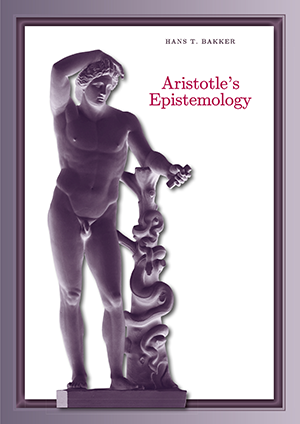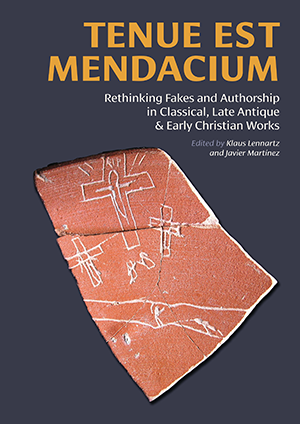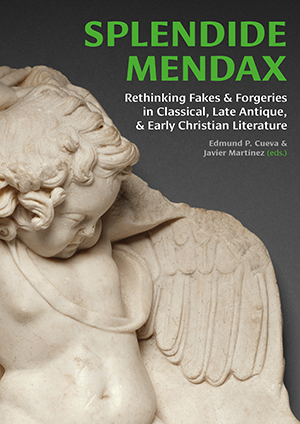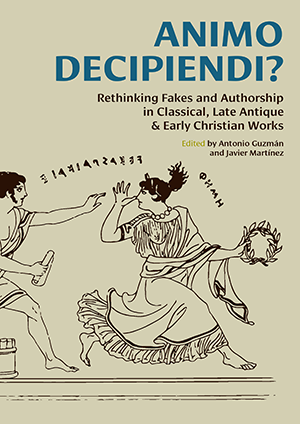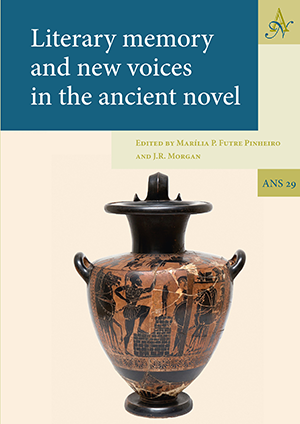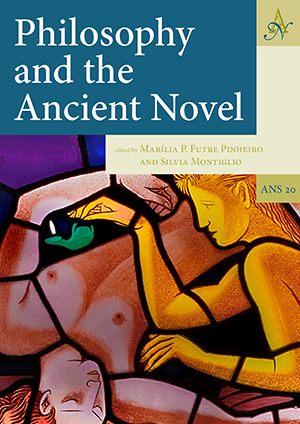There have been many studies of the uses which the ancient Greek and Roman novelists made of earlier literature, particularly epic, theatre and history. However, the relation of the novels to ancient philosophy remains under-studied. This volume is intended to open up some of the issues involved. In some cases, for example, novels make allusions to specific philosophical works, particularly the dialogues of Plato. This raises the question of how those references should be interpreted: as merely literary decoration, or as signs of a serious engagement on the part of the novelist with the ideas with which they are associated? In other cases, it seems possible to read the plots of the novels on a larger scale as embodying philosophical images and ideas, so that writing a novel becomes a different way of doing philosophy and didactically conveying identifiable philosophical ideas to a reader. At yet another level, the novelists inevitably concern themselves with moral qualities and questions which were also the subject of systematic philosophy in the ancient world: in these cases, it becomes necessary to read the novels within the context of commonly held philosophical positions of the period.
These are among the problems and approaches explored by the papers in this volume. They concentrate on the Greek novels, with papers devoted to Xenophon of Ephesus, Longus, Achilles Tatius, and Heliodorus, but also cover the satirical fiction of Lucian and the Latin novel of Apuleius. There are also discussions of philosophical themes and tropes that can be traced through a series of fictional texts. The collection is introduced by a survey of the place of philosophia in the culture and society of the early Imperial period. This volume is the result of a conference panel organised by the KYKNOS Research Centre for Ancient Narrative Literature, which is based in the Universities of Swansea, Lampeter and Exeter.
Reviews
Nicole Fick, Latomus 70 (2011), 286-287
Daniel Donnet, l’Antiquité Classique 78 (2009), 296-297
Nicola Dümmler, Museum Helveticum 66 (2009), 244
Rui Carlos Fonseca, Euphrosyne (2009) 39, 450-452
Introduction VII
MICHAEL TRAPP
What is this Philosophia Anyway? 1
J.R. MORGAN
The Representation of Philosophers in Greek Fiction 23
IAN REPATH
Emotional Conflict and Platonic Psychology in the Greek Novel 53
KOEN DE TEMMERMAN
Where Philosophy and Rhetoric Meet: Character Typification in the Greek Novel 85
MERIEL JONES
Andreia and Gender in the Greek Novels 111
KEN DOWDEN
Novel Ways of Being Philosophical Or A Tale of Two Dogs and a Phoenix 137
KONSTANTIN DOULAMIS
Stoic Echoes and Style in Xenophon of Ephesus 151
DANIEL OGDEN
The Love of Wisdom and the Love of Lies: The Philosophers and Philosophical Voices of Lucian’s Philopseudes 177
FRITZ-GREGOR HERRMANN
Longus’ Imitation: Mimēsis in the Education of Daphnis and Chloe 205
KAREN NÍ MHEALLAIGH
Philosophical Framing: The Phaedran Setting of Leucippe and Cleitophon 231
AHUVIA KAHANE
Disjoining Meaning and Truth: History, Representation, Apuleius’ Metamorphoses and Neoplatonist Aesthetics 245

